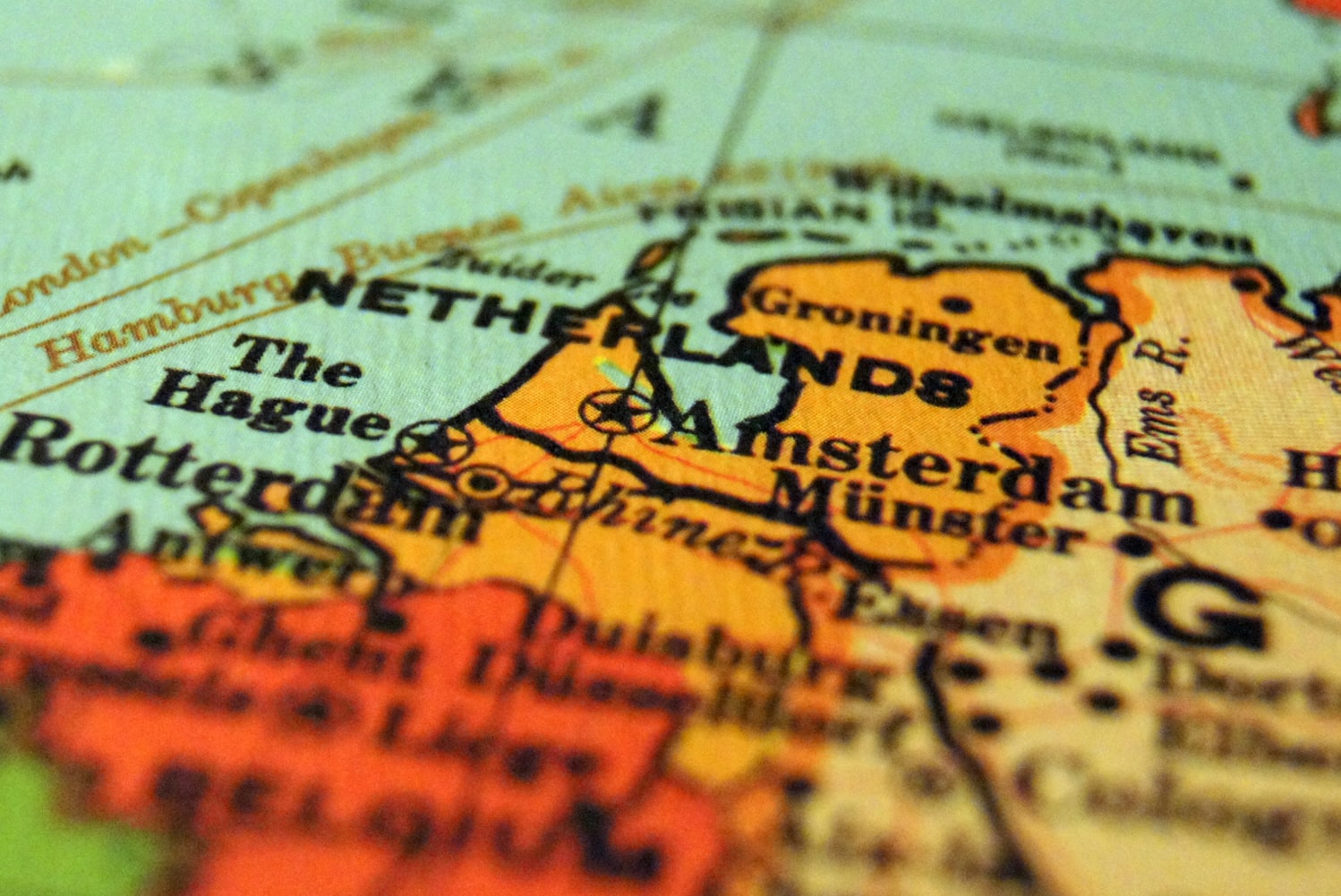CERES PhD Training
You can register for the flagship course through this form.
Date: March-June 2025 (Exact dates below)
ECs: 16 (full block)
Tuition:
- PhDs from member institutions: 2500 euros
- PhDs from non-member institutions: 5000 euros
The training is specifically designed for PhDs in Year 1 and 2
Description:
The CERES PhD Training Course is tailored for PhD students in their first and second years, offering a unique learning experience and a robust foundation for their research. The course has two main objectives: The first is to cultivate a general and shared integrative understanding about what it means to do a PhD degree in the field of Development Studies, from the perspective of both theory as well as empirical research. Significant emphasis is placed on ontology and epistemology, not only in their theoretical aspects but also in its linkage to and application of methods. A key goal is to ensure that ontology and epistemology are not merely background concepts but are continuously integrated and articulated throughout the PhD journey. The second objective is to assist participants in advancing their research designs, in preparation for the defence of their research proposals at the end of their first year (e.g., variously called ‘Dissertation Design Seminar’, ‘Upgrade Seminar’, etc).
The course also emphasises a ‘learning by doing’ approach to support the different steps of developing a convincing and defendable research proposal. The approach mixes both teacher-led and participant-led sessions, starting with more of the former and with a greater emphasis of the latter towards the end of the programme. It combines taught plenary sessions, seminars, and group and individual work overseen by the facilitators, on different topics related to doing or conceiving research, specifically tailored to the themes, and needs of Development Studies.
Module 1: Proposing Research in Development Studies
Date: April 2025
Location: Residential (University of Antwerp)
Module leader: Prof. Dr. Tom De Herdt
Description: This module focuses on the different principles involved in developing a research proposal, which are similar regardless of whether PhDs are working with qualitative or quantitative approaches, in anthropology, economics or other disciplines. It aims to equip the students to rethink their research question in view of defining a workable research strategy. At the same time, students are invited to position their topic vis-à-vis some contemporary debates in the field of development studies.
Learning Objectives
At the end of module, participants can expect to:
- draft a (revised) research problem that is clear and concise, reflects your research interests, and is convincing/compelling.
- formulate a (revised) main research question in clear relation to your problem statement.
- start developing a research strategy, e.g., brainstorming, case rationale, analytical and conceptual mapping, etc.
Module 2: Philosophy of Social Science and Development: Ontology, Epistemology and
Political Economy
Date: April 2025
Location: International Institute of Social Studies (ISS), The Hague
Module leader: Dr. Karim Knio
Description: This course aims to emphasize the necessity and desirability of embedding thematic and empirical research within ontological debates to produce rigorous scholarly research. It introduces students to fundamental debates in social ontology and highlights their subsequent implications on political economy analysis. Namely, the course focuses on two important ontological debates in their own right before it develops a cartography which charts their intersection, then this cartography is subsequently situated within the classic debate on neoliberalism in critical political economy literatures. In so doing, the course not only demonstrates how different approaches interpret and articulate neoliberalism, but it also reflects on the making of theoretical approaches in their own right. This should provide doctoral students with various analytical skills to help them in appropriately navigating through various academic literatures as well as situating their own research.
Module 3: Methods and Ontology
Date: May 2025
Location: Residential (Delft)
Module leader: Prof. Dr. Tom De Herdt and Dr. Karim Knio
Description: The aim of this module is to provide hands-on coaching and advice tailored to the specific research needs of the students. The exact program will be developed once we understand the methodological needs of the participants. The module will address not only the technicality of method, but how they are related to the philosophy of social science.
Module 4: Presentation Tutorials
Date: June 2025
Location: Residential (Delft)
Module leader: Prof. Tom De Herdt and Dr. Karim Knio
Course description:
The presentation tutorials are the final part of the Training Programme and offer PhDs an important opportunity to present and discuss their research projects, and to receive comments and suggestions on their research proposals/designs. PhDs will present their draft research proposals/designs in a seminar format, e.g., with a chair and two discussants assigned to each presentation, and they will participate in the presentations of their peers. The latter participation is especially important given that an intuitive understanding of presenting research is deepened through the experience of going through the process multiple times. As such, it is a key moment that cements the pedagogical principle of ‘learning-by-doing’ followed throughout the programme. The module ends with a discussion of the subsequent stages of the PhD journey.
|
Module |
Topic |
Date |
|
Welcome Day |
|
18 March 2025 |
|
Module 1 |
Proposing Research in Development Studies |
7-10 April 2025 |
|
Module 2 |
Philosophy of Social Science and Development: Ontology, Epistemology and Political Economy |
22-25 April 2025 |
|
Module 3 |
Methods and Ontology |
6-9 May 2025 |
|
Come back day |
|
19 May 2025 |
|
Module 4 |
Presentation Tutorials |
2-4 June 2025 |
Register for the course through the form linked here.
 The Netherlands. Source image: Unsplash[/caption]
The Netherlands. Source image: Unsplash[/caption]
